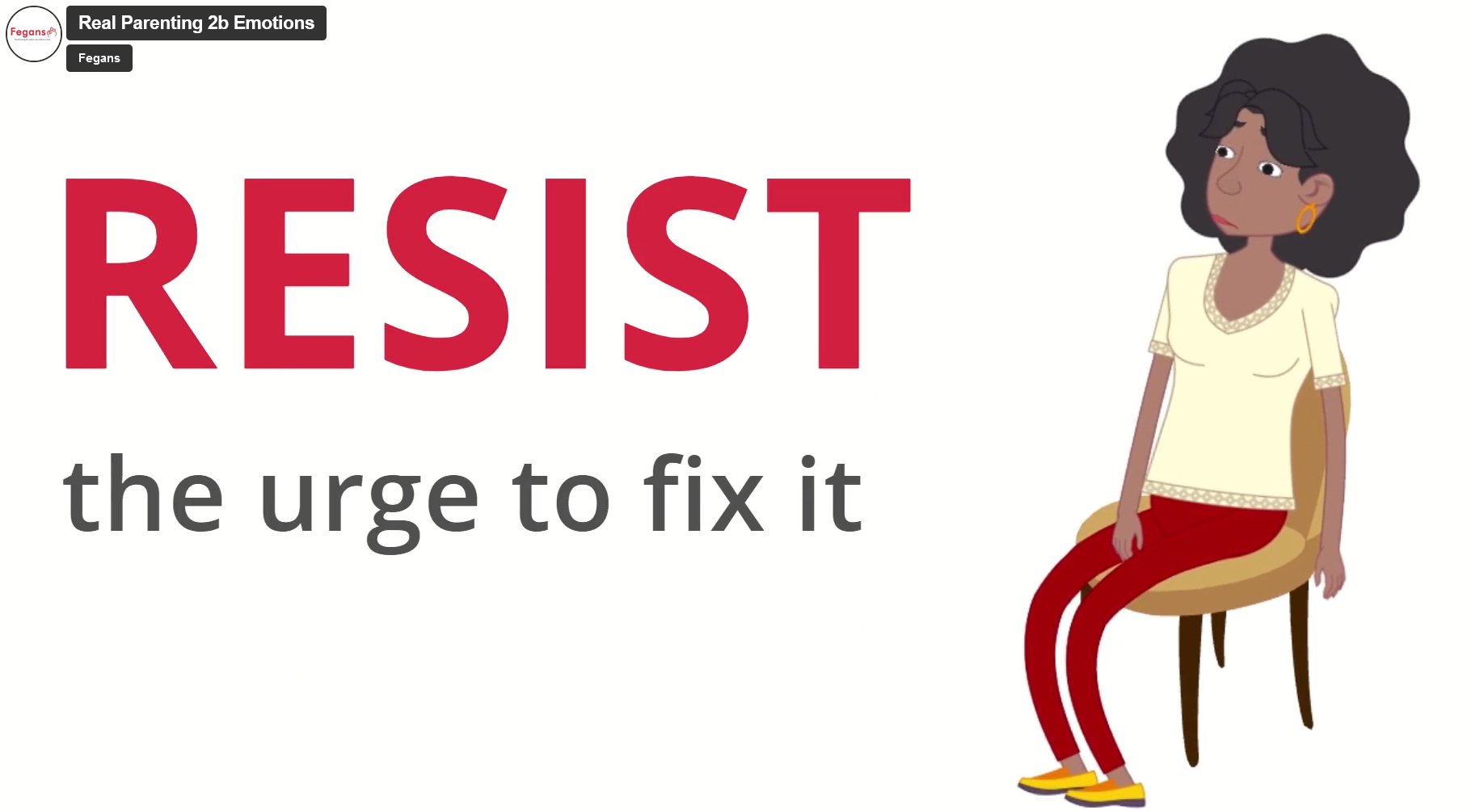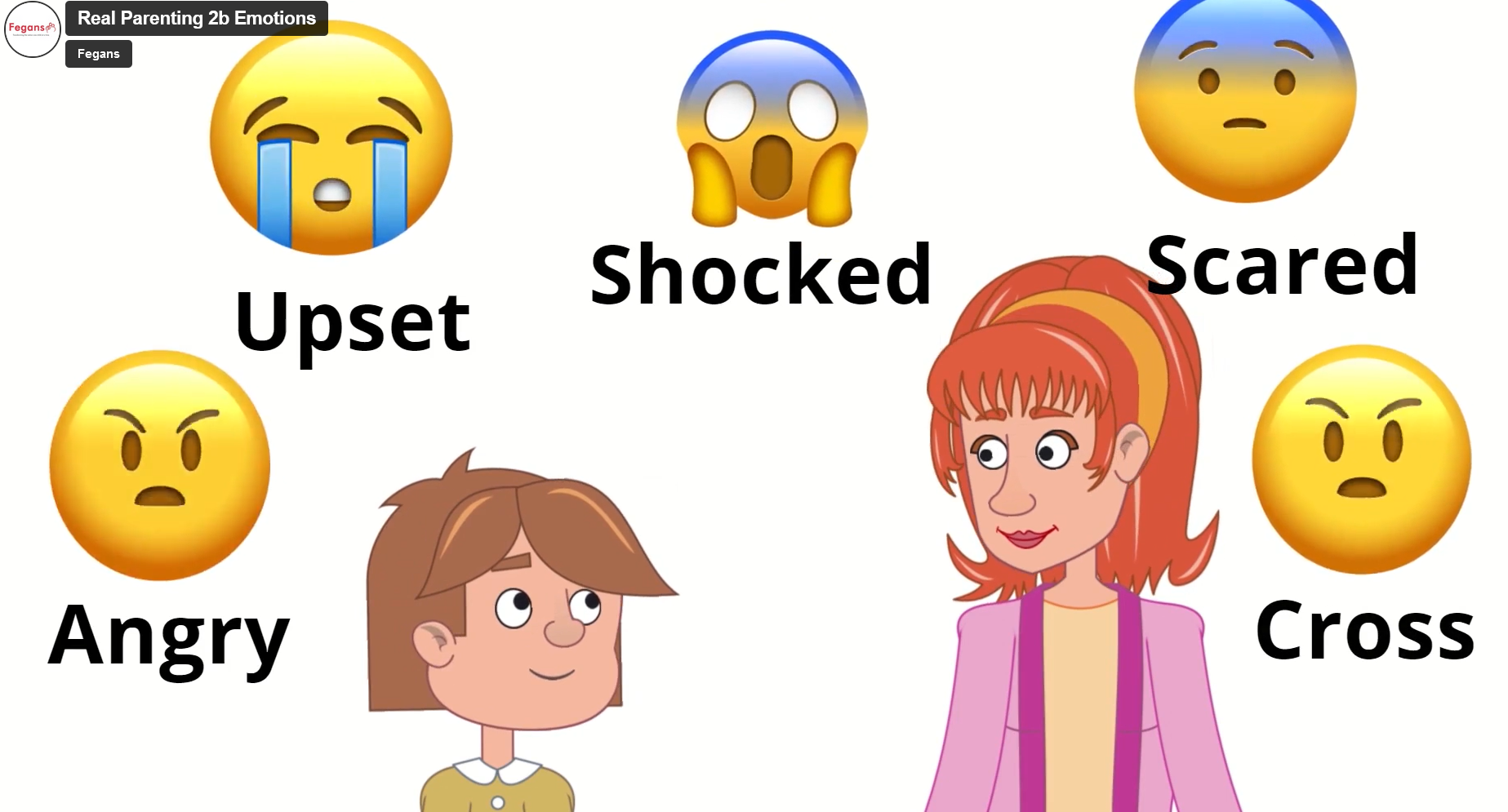How to help children manage their emotions

The undeveloped brain and emotions
All children experience strong emotions such as anger, or anxiety. This is especially so when their parents split up. This is not only because they are helpless, although that is a big factor, it is also because the brain of a child is not yet fully developed. This can mean that they cannot stop themselves from being completely overwhelmed by their emotions.

How a child’s brain is structured
The human brain is made up of the emotional part of the brain and the logical part of the brain.
For children, the logical part of the brain is undeveloped. Fight or flight emotions such as anger or fear have the capacity to overwhelm a child’s logical brain.
Parents are often shocked when a child goes into an uncontrollable “meltdown”. This is because their logical brain just does not have the tools to control or regulate the child’s strong emotions.
We should never expect children to suppress their emotions but instead they need us to help them learn how to recognise and manage these emotions.

The Three step process to follow when your child is very upset
When we teach our children to give one or more names to an emotion it allows the logical part of their brain to help manage and organize the more primitive and emotional parts of the brain; its as if we are putting them back in the driving seat of their own emotions. When your child is overwhelmed by a strong emotion such as anger or fear you will need to follow this simple process:
Step 1: State the emotion
For younger children, describe your children’s feelings rather than asking them how they feel. This is because they may not yet have the words to tell you.
Only state one emotion at a time:
For example if they are feeling sad wait until they agree that is how they are feeling before asking about related feelings.
Step 2: Acknowledge how they are feeling
The most important thing we can do as parents is to listen to our child, acknowledge their feelings whatever they may be, and be empathetic – when they are operating from the primitive or the emotional part of the brain they need to know you are on their side, you are “for” them, before they are going to feel safe enough to let the logical, teachable side of the brain take charge again.
So don’t say “Stop being silly…” or “What are you crying for now?” – just accept that is the way they feel at this moment. Even when we don’t understand why they are reacting like this.
Step 3: Be empathetic
With older children they also need you to be empathetic while they are in the -middle of their emotions – they need to know you are on their side. Use phrases like:
“I know that is frustrating”
or “I can see you are angry; would you like to talk about it?”

Don’t try to fix the problem
For children who are able to verbalise their feelings, talking about what is bothering them gives them a chance to let you know what is going on while also processing it for themselves.
The trick is to resist the urge to “fix” the problem. Your child needs you to listen and ask appropriate questions, not offer unsolicited advice.
They may not want to talk about it yet but offering help shows you are listening to them and that you care about how they feel.

Once they have calmed down
This is when the logical brain has started to take over and they are back in the driving seat of their emotions again.
Now that they have calmed down, this is when you can help them label the emotions they were feeling. This starts to build an emotional vocabulary for the logical part of their brain; which over time will enable them to calm themselves down.
Praise your child for self-regulation skills such as staying calm, or trying again when frustrated, or waiting a turn. Use words such as: “That is frustrating, and you are staying calm and trying to do that again.”
This is when they might be open to some advice, and also if they have broken any boundaries this is the tine to remind them of family rules.
Other Coping Tools
Deep breathing:
Breathing exercises are a powerful way of enabling your child’s body to calm down.
We recommend 7-11 breathing;
Breathe in for the count of 7
Hold your breath for the count of 3
Breathe out for the count of 11
Positive thinking:
Especially for older children you can teach them to deliberately focus on a good interpretation of what is going on. So, if their little brother is irritating them get them to change fro thinking “he never shuts up” “he’s driving me mad” to say to themself “Yes, he is annoying but he’ll be going to bed soon so I shall ignore him and I will just get through this until then”.
Exercise:
Encourage your children to get some exercise every day, as this can help to reduce stress.